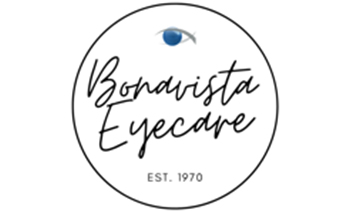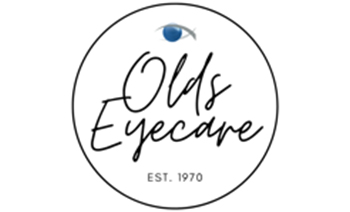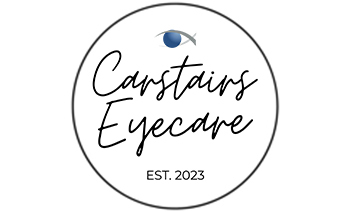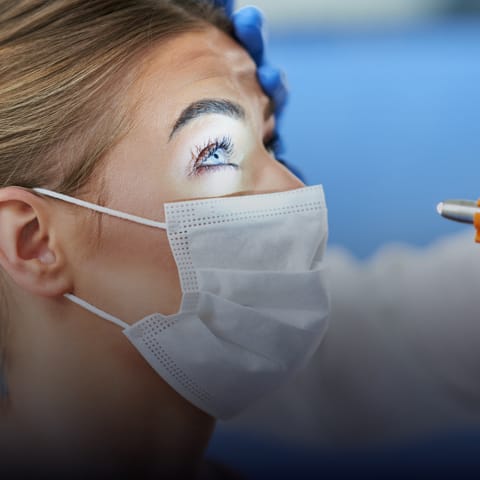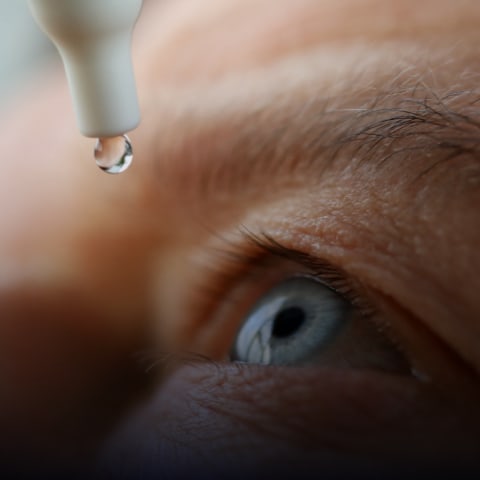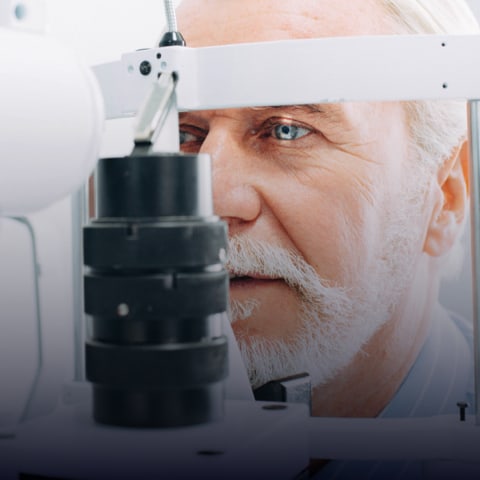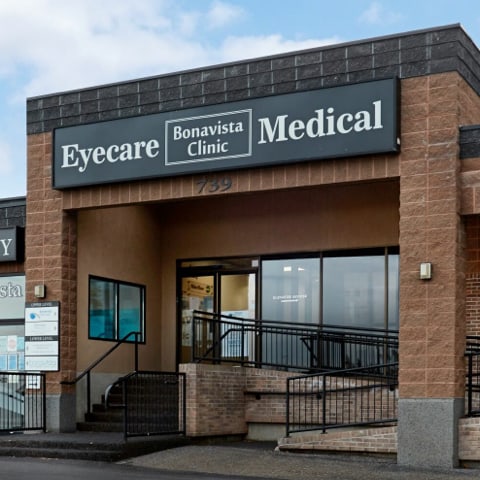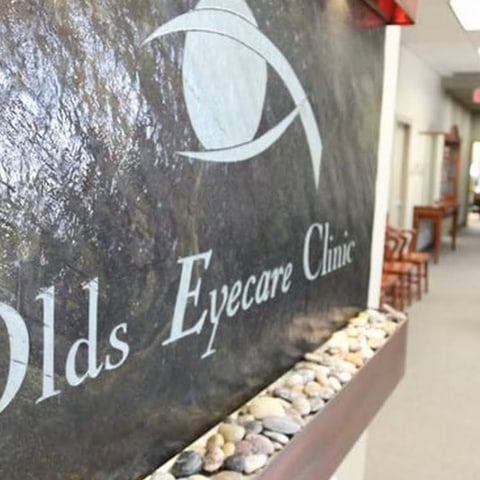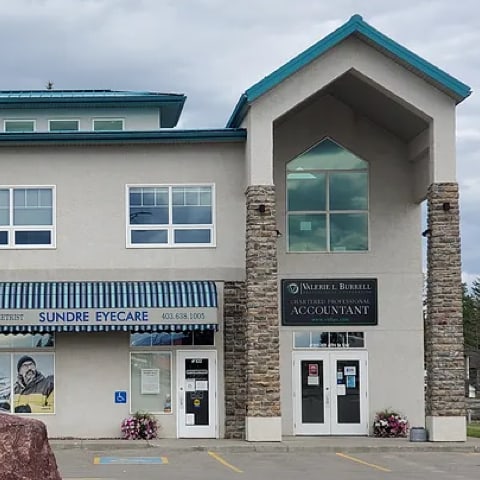Macular degeneration is a leading cause of vision loss, especially among older adults. Understanding its origins is crucial for prevention and management.
One of the most common questions about this eye condition is whether it’s hereditary. The short answer is that yes, macular degeneration can be hereditary.
Genetics play a significant role in determining a person’s risk, making it essential to know your family history. Knowing early allows you to take preventive measures and get early treatment with the help of your optometrist if needed.
What Is Macular Degeneration?
Macular degeneration is a leading cause of vision loss in people over 50. It affects the macula, the part of the retina responsible for sharp, central vision.
Damage to the macula can lead to blurred or no vision in the center of the visual field. While it doesn’t cause complete blindness, macular degeneration significantly impairs daily activities like reading and driving.
Most people don’t realize they have macular degeneration until it affects their vision. Early detection and regular eye exams are key to managing the condition effectively, especially for those with a family history of the disease.
Types of Macular Degeneration
There are two main types of macular degeneration—dry and wet. Both can lead to serious vision problems, but they each have different characteristics and treatments.
Dry Macular Degeneration
Dry macular degeneration is the most common form, accounting for about 80-90% of cases. It occurs when the macula thins over time as part of the aging process.
This condition involves the formation of small, yellow deposits called drusen under the retina. In the early stages, there may be little or no vision loss, but, as the condition progresses, a person’s vision becomes dimmer or distorted.
Wet Macular Degeneration
Wet macular degeneration is less common but more severe. It occurs when abnormal blood vessels grow under the retina and macula.
These vessels can leak fluid or blood, causing rapid and severe vision loss. Early detection and treatment are crucial to preventing permanent damage.
Causes of Macular Degeneration
Understanding the causes of macular degeneration helps in recognizing and mitigating the risk factors. While the exact cause remains unknown, several factors contribute to its development.
Age-Related Factors
Age is the most significant risk factor. Macular degeneration mainly affects older adults, particularly those over 60. The process of aging leads to the gradual breakdown of tissues in the eyes, including the macula.
Environmental Factors
Exposure to harmful UV rays, smoking, and poor diet can also contribute to macular degeneration.
These factors can damage the delicate structures of the eye, leading to deterioration over time. Maintaining a healthy lifestyle can mitigate some of these risks.
Genetic Factors
Genetics play a crucial role in the development of macular degeneration. A family history of the disease increases the likelihood of developing it.
Researchers have identified specific genes associated with the condition, highlighting the importance of understanding hereditary elements.
Family History & Macular Degeneration Risk
A family history of macular degeneration significantly increases a person’s risk. If a parent or sibling has the condition, your risk is higher than average.
Importance of Family Medical History
Knowing your family medical history is important for assessing your risk. Share this information with your eye care professional to determine the need for regular screenings and preventive measures.
Early Detection
If you have a family history of macular degeneration, regular eye exams starting at age 40 can help detect early signs of the condition. Early intervention can slow progression and preserve vision.
Preventive Strategies
For those with a family history, adopting a healthy lifestyle is essential. Avoid smoking, eat a balanced diet rich in antioxidants, and protect your eyes from UV rays.
Signs & Symptoms to Watch For
Early Signs
In the early stages, you may notice subtle changes in your vision, such as difficulty reading small print or seeing fine details. Straight lines may appear wavy or distorted, and colors may seem less vibrant.
Progressive Symptoms
As macular degeneration progresses, central vision becomes increasingly blurry or dark. You may have trouble recognizing faces or need brighter light for close-up tasks. These symptoms indicate the need for immediate medical attention.
Severe Symptoms
In advanced stages, large blind spots may develop in the center of your vision. This can make daily activities like driving, reading, and recognizing faces extremely challenging. Prompt treatment can help manage symptoms and prevent further deterioration.
Treatment Options for Macular Degeneration
While there is no cure for macular degeneration, several treatments can help manage the condition and slow its progression.
Medications
For wet macular degeneration, anti-VEGF medications can help stop the growth of abnormal blood vessels and reduce leakage. These medications are injected directly into the eye by a healthcare professional.
Laser Therapy
Laser therapy can treat the abnormal blood vessels that occur in wet macular degeneration. This procedure involves using a concentrated beam of light to destroy the abnormal vessels and prevent further damage.
Low Vision Aids
For those with significant vision loss, low vision aids like magnifying glasses, special lenses, and electronic devices can help improve quality of life. These aids can assist with reading, writing, and other daily activities.
Need Support with Macular Degeneration?
Understanding whether macular degeneration is hereditary is essential for those at risk. By adopting preventive measures, staying informed, and seeking early treatment, you can protect your vision and maintain a better quality of life.If you have concerns about your eye health or want to learn more, book an appointment with one of our experts.




